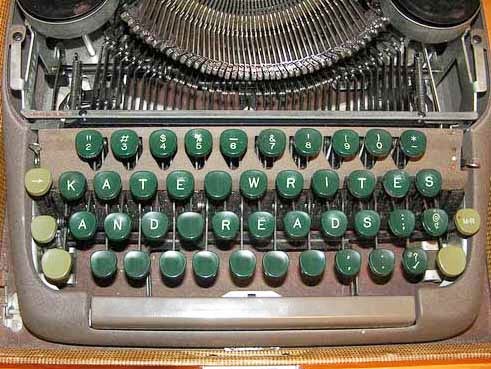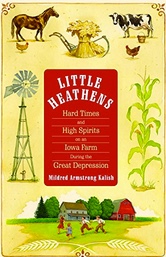I finished five books in December. I also
got about a third of the way through Storm
Country by Peter Davies, about tornado chasing in the Great Plains of
America but, can’t really explain why, I didn't find his writing engaging so
I’ve given it up for now.
The Words in my Hand by Guinevere Glasfurd
Read for book group. This is the reimagined
true story of Helena Jans, a Dutch maid in 17th century Amsterdam working for
an English bookseller. One day a mysterious and reclusive lodger arrives - the
Monsieur – who turns out to be the philosopher and scientist René Descartes. In
a note at the end the author tells what are the known facts of Helena Jans’
life – for example she was literate at a time when most in her class were not
and Descartes did acknowledge that he was the father of her child. Guinevere
Glasfurd has filled in the gaps most satisfactorily, with a great sense of the
time and place. If you liked Girl with a Pearl Earring you will like this.
Samosas and Ale by San Cassimally
A feast of short stories with an Indian
flavour, although they are not all set in the subcontinent. All have the name
of a dish in brackets after the title. My
Grandson the Detective (Korma) is a clever crime story. Nasreen (Phaal), like several of the
stories written convincingly from a female viewpoint, was the sad story of an
‘honour killing’. Kokilaksha (Methi Pak), also with a female narrator,
has an irresistible opening: ‘Although I have been on the lookout for a
suitable man to father my child, I did not specifically book my Amsterdam-Delhi
flight with that purpose.’ (I googled ‘Methi Pak’ and see that it is a dish
that has health benefits but to some palates tastes bitter.) A beguiling
collection.
The Christmas Train by David Baldacci
Bought in Christian Aid Book Sale and saved
for pre-Christmas reading. Although not worth the wait … I loved the idea of
people on an Amtrak train in the US going through blizzards to get home in time
for Christmas – but Christmas (as
opposed to winter) was barely mentioned until page 222 and there were too many
virtually indistinguishable folk. There was a good twist at the end though and
if I’d enjoyed the rest of the book more I’d have gone back and had a quick
re-read in the light of that, but life’s too short.
The Diary of a Bookseller by Shaun Bythell
Got on Christmas morning. Finished 27
December – there’s something about a diary as opposed to a chapter book; it’s
almost impossible to stop reading. Shaun Bythell runs a second-hand bookshop
(called The Bookshop) in the book town of Wigtown (in south-west Scotland – Scotland’s answer to
Hay-on-Wye). He’s not Basil Fawlty but he doesn’t suffer fools gladly and
plenty of them seem to frequent his shop, asking, for example ‘do you sell
books?’ It’s not an easy way to make a living – in an area that is very
summer-tourist dependent, and is also dependent on finding the gems among the
dross in the books he’s offered and on the vagaries of selling online. A host
of local characters get a look in, particularly his very eccentric
Morrison-skip-diving assistant Nicky. I do hope there will be a further volume.
A Book of Book Lists complied by Alex Johnson
An irresistible, dippable-into Christmas
present. I am in good company in keeping a note of books I’ve read – the book
includes records kept by, among others, David Bowie and Art Garfunkel.
The other lists include:
The books on the International Space
Station
Books left behind in hotels
Desert
Island Discs: The books
A telephone box library
Scottish prisoners’ favourite books
Big
Bang Theory: the art of the television bookshelf
and
Books that have never been written
Again I am in good company. I have a list
of titles for about 50 books that I am unlikely ever to write – I may post them
here sometime (or sell them to the highest bidder??). Samuel Taylor Coleridge
apparently loved making lists of books/poems to write and then not doing so,
while a list of proposed but never realised titles by Raymond Chandler include The Man with the Shredded Ear, Uncle Watson
Wants to Think and The Diary of a
Loud Check Suit.
Wishing you good reading – and writing – in
2018.





































